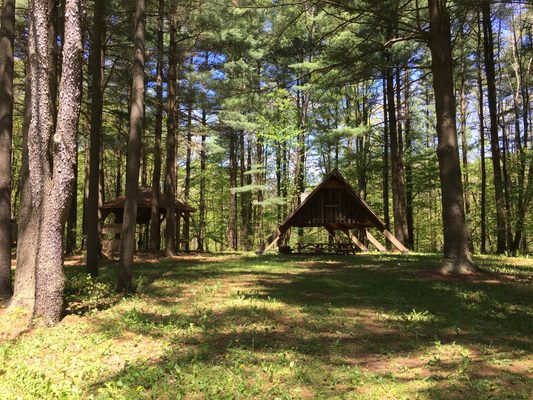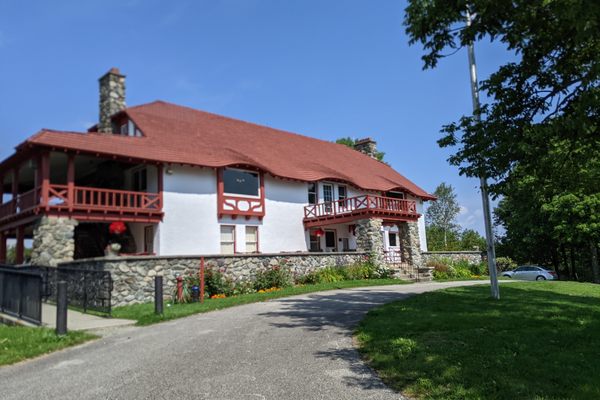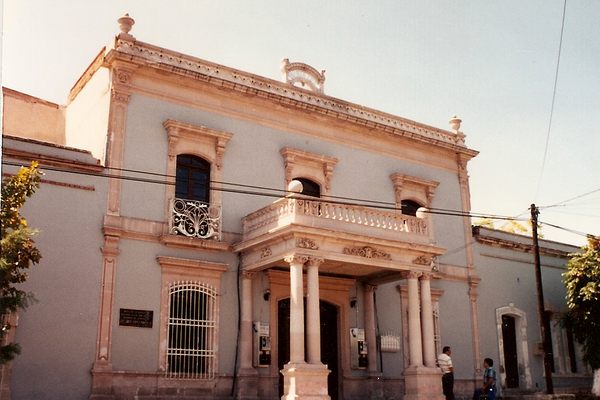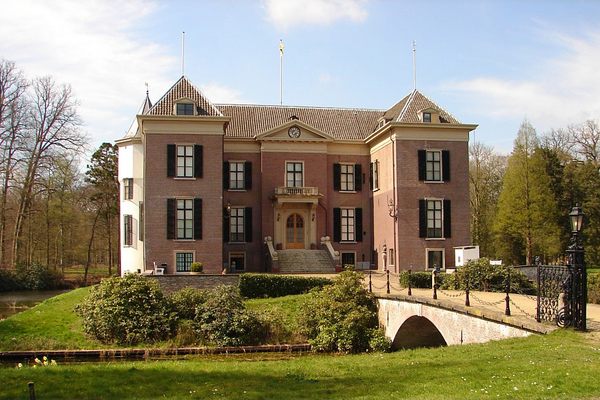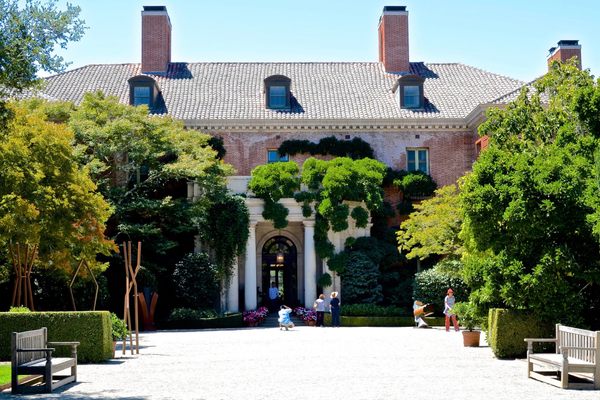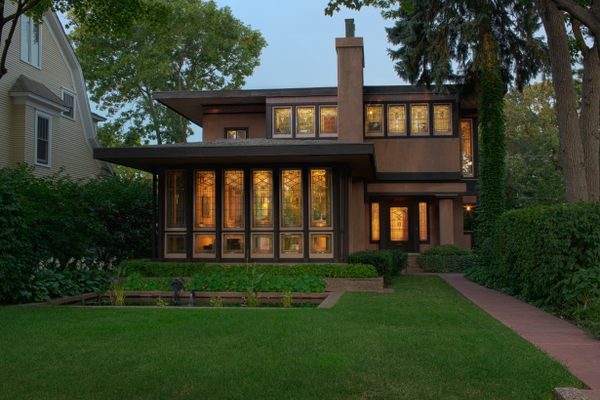About
In 1800, 25-year-old Herman Oviatt, his wife, and two children left Connecticut for Ohio to declare a piece of land in what was known as the Western Reserve. At first, Herman settled in what is known today as Hudson, until he purchased the northwest quadrant which is known today as Richfield. Overall, he owned 336 acres. Herman passed away in 1854, leaving the property to his two children. Eventually, the remaining Oviatts parceled the property and sold half to inventor, James B. Kirby and half to businessman, Clarence J. Neal.
In 1919, the southern part of the Oviatt property was purchased by James B. Kirby. With all of this land, Kirby was able to bring his inventions to life. In 1920, he merged the water of two streams and constructed Lake Jinelle. Within Lake Jinelle, Kirby built a dam with a water-powered mill wheel, which helped equip the family home with air-conditioning. Not only is this human-made lake fascinating, but Lake Jinelle is also the only known body of water in the country that is patented because of its ability to eliminate sediment deposits, helping prolong the life of the lake. In 1923 Kirby also built Garfield Hall, which was built over streetcar springs to make the floor bounce as guests danced.
Up on the northern part of the old Oviatt property was now the Neal family. Part of the property Clarence J. Neal purchased had apple and peach orchards. The Neal family continued to maintain the orchards, eventually naming their property the Neal Fruit Farm. In 1928, Clarence and his wife constructed two Tudor-style homes, North House and Coach House. The houses were built deep in the woods for adequate privacy. In 1936, their oldest son Hebert and his wife Helen moved onto the property into the luxurious Amity House.
When 1937 came around, James Kirby was ready to sell his parcel of land. The Cleveland Girl Scout Council (now the Girl Scouts of Northeast Ohio) purchased Kirby's land and named it Camp Julia Crowell. The campgrounds were a popular spot for troop camping and in 1950, even opened to the public for camping. In 1957 the remaining 93 acres of land that the Neal family once owned was bought by the CGSC. The camp was renamed Camp Hilaka and then again to Camp Crowell-Hilaka. In addition to day camping, weekend camping, overnight hikes, and summer camps, the houses built by the Neals were used for cabin camping.
In 2000, financial difficulties led to the end of summer camps, with the camp closing officially in 2011. The Richfield Joint Recreation District was established by the Village of Richfield and Richfield Township for the purpose of purchasing the closed camp. In 2014 the property once known as Camp Crowell-Hilaka was purchased by the RJRD and renamed Richfield Heritage Preserve in 2016. Maintained by the RJRD to this day, this park is a great spot to spend the day hiking, fishing, horseback riding, exploring, and so much more.
Related Tags
Know Before You Go
Park is open from dusk till dawn. More information is available on the Richfield Heritage Preserve website.
Published
July 12, 2023
